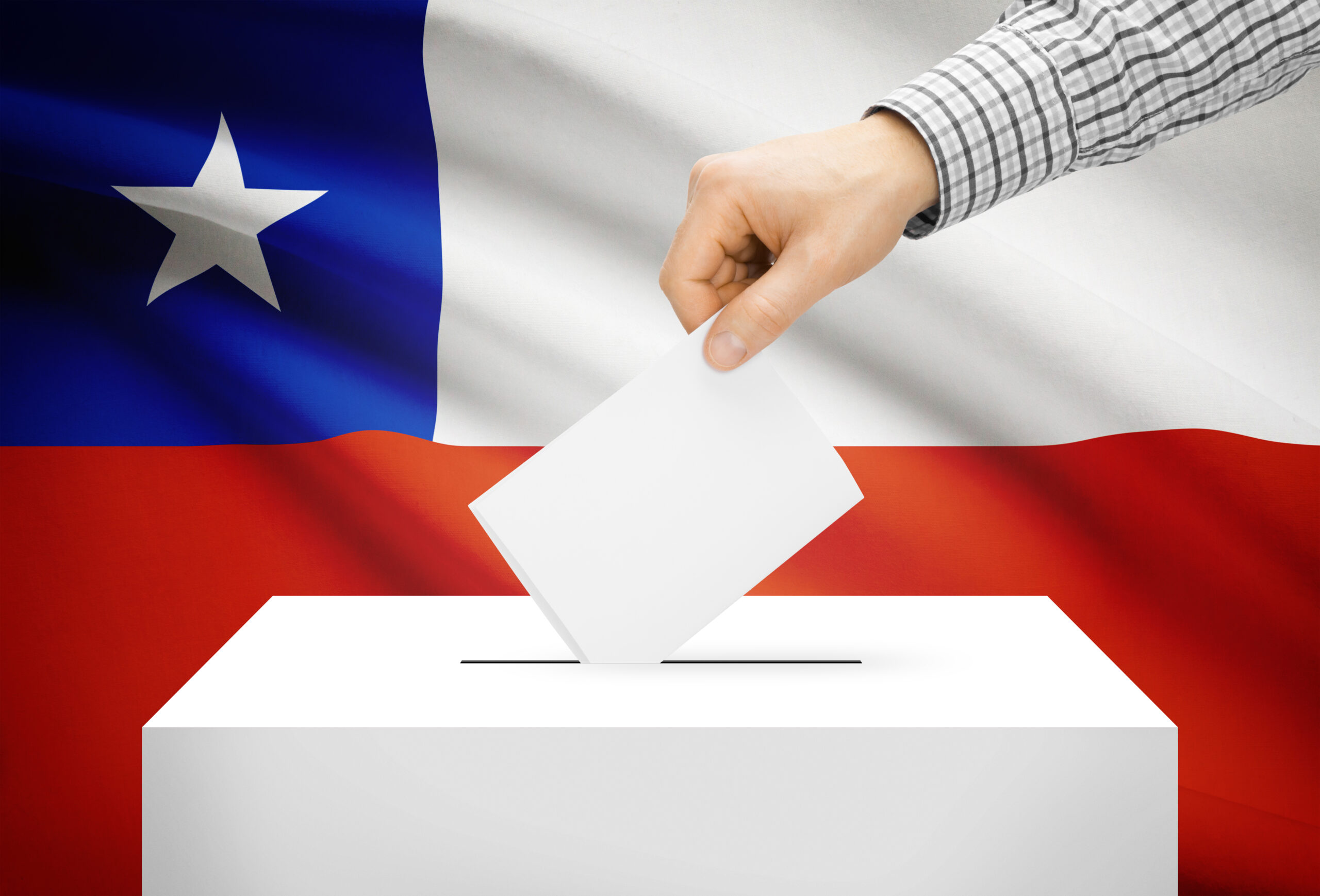Elections in Chile: Political Fragmentation and a Likely Runoff

On Sunday, November 16, Chilean citizens will head to the polls to elect the President of the Republic for the 2026–2030 term, as well as to renew the entire Chamber of Deputies and part of the Senate. This will be the first general election with compulsory voting since the measure was reinstated in 2022, a change that could increase voter turnout among the more than 15.7 million eligible voters.
Eight candidates are running for president, but none appears close to securing the majority needed to win outright, pointing to a likely runoff on December 14. According to recent polls, the frontrunner is Jeannette Jara, former Minister of Labor and the governing coalition’s candidate for Unidad por Chile, with 26% of voting intention. She is followed by José Antonio Kast of the Republican Party with roughly 21%, and libertarian Johannes Kaiser and Evelyn Matthei, candidate for Chile Grande y Unido, with about 14% each.
The fragmentation of the vote and the dispersion of electoral options reflect an open scenario, where key issues for citizens include irregular immigration, insecurity, corruption, and a perceived loss of state control.
Political and Social Context
The governing coalition faces the challenge of overcoming the low approval ratings of outgoing President Gabriel Boric, whose administration holds around 37% positive approval. Public security has become the primary concern for citizens, alongside immigration and organized crime. The opposition has capitalized on these anxieties, presenting narratives that center on the search for effective solutions.
Since the social uprising of 2019, citizens have taken part in multiple electoral processes and consultations, generating a sense of electoral fatigue and disengagement. Compulsory voting, however, may shift traditional dynamics and increase volatility.
Legislative Elections
Alongside the presidential vote, all 155 seats in the Chamber of Deputies and 23 of the 50 Senate seats will be renewed. The right, through coalitions such as Chile Grande y Unido and Cambio por Chile, is expected to secure a majority in the Chamber that would allow them to pass simple-majority legislation. The governing left is projected to retain between 65 and 69 deputies.
In the Senate, the opposition is expected to maintain a majority with around 27 senators, while the governing bloc would hold between 20 and 21. Although the results may bring greater representation for radical right-wing options, the Senate will remain a chamber where cross-party agreements are necessary to move reforms forward.
This election represents a decisive test for the country’s political direction, shaped by an open presidential race, urgent citizen demands, and a renewed legislative landscape that could significantly influence Chilean politics in the years ahead.
